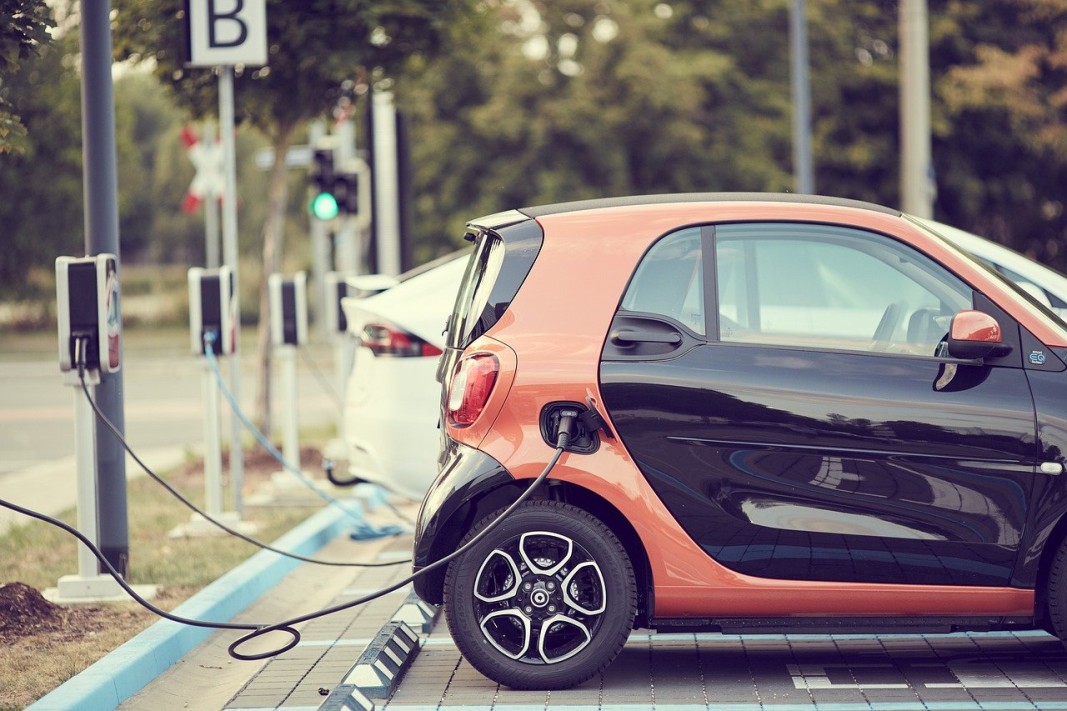The conditions for using EVs in Bulgaria have been constantly improving. There are about 650 charging stations in this country and their number is constantly growing. In addition, one can charge an electric car in their garage and for less than 2 euros they can travel up to 100 kilometers. Shared electric cars are also becoming more and more popular. Kalin Tsviatkov, a student in Sofia University "St. Kliment Ohridski", and his friends regularly commute in Sofia using a rented electric car. Unlocking is done through a special smartphone application. According to Kalin, driving around the city this way is very comfortable and one can quickly get to any point and also park in the center of the city for free.

“It's cheaper than taking a taxi and it's faster. You know your way around and you don't have to explain the address to a driver. But you still have to be careful because if you hit the car it would be a problem. You should also check that everything is in place; that the charging cable is available and functional, etc. This is a responsibility of the user. In Sofia, it is very easy to move like this. But there are certain rules and in some neighborhoods you can't park for free except at a charging station. The idea is that when a person goes home, they leave the vehicle to charge for the next user."
Europe is getting ready to part ways with the internal combustion engine for good. It is expected that this will happen near 2030 and for this purpose serious funds are already being allocated for direct financial incentives to citizens. In Bulgaria, when buying a new electric car, the owners do not benefit from a VAT discount, but they are exempt from a local tax.
However, electric vehicles are still about 50% more expensive than conventional ones. But in the backdrop of their constantly falling prices and the sharp rise in the price of internal combustion cars, EVs are no longer perceived as a luxury.

According to Kalin Tsviatkov, however, shared electric vehicles are the future. "I don't have a personal car as it involves a lot of costs - you have to change parts, pay for fuel, allocate funds for insurance, vignettes, etc. It's better for me to rent an electric car," Kalin says, adding:
"I think people should stop using private cars and choose electric cars that are shared, using them only when they need them. During the rest of the time, one can use other means of transport like trains and public transport in general. I think this is the most environmentally-friendly solution. Our main goal this decade is to reduce our carbon footprint and that is what we need to do,” Kalin Tsviatkov says in conclusion.
English version: Al. Markov
Photos: pixabay, rawpixelOver 3.5 million Ukrainians have arrived in or passed through Bulgaria since the beginning of the war. Nearly 200,000 people have found temporary shelter in the country, announced Anna Tertychna from the Ukrainian Embassy in Bulgaria. She..
At the Bulgarian Embassy in London, Prof. Bettany Hughes presented excerpts from the new BBC series - Wonders of Bulgaria. Prof. Bettany Hughes is the author of two episodes of the documentary. Hughes is a historian, writer, author of..
According to the Annual Report on the Health Status of Bulgarian Citizens for 2023, t he main cause of death in Bulgaria is diseases of the cardiovascular system (61.1%), followed by oncological diseases (16.5%) and diseases of the respiratory system..
An innovation for the treatment of diabetic foot ulcer using the patient's own tissue and artificial intelligence has been implemented at the University..
Over 3.5 million Ukrainians have arrived in or passed through Bulgaria since the beginning of the war. Nearly 200,000 people have found temporary..
At the Bulgarian Embassy in London, Prof. Bettany Hughes presented excerpts from the new BBC series - Wonders of Bulgaria. Prof. Bettany..

+359 2 9336 661
